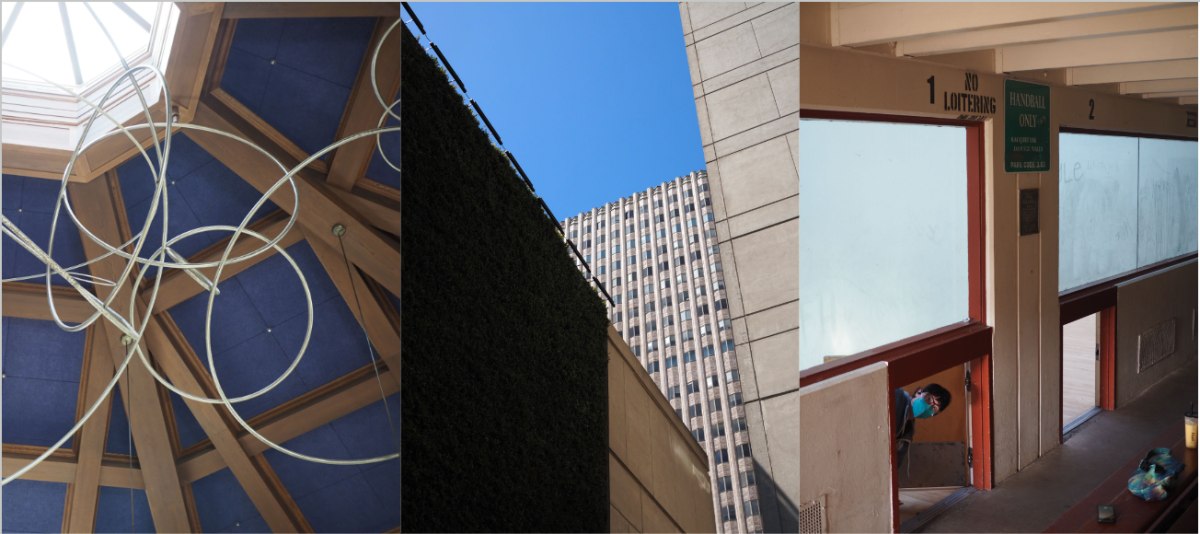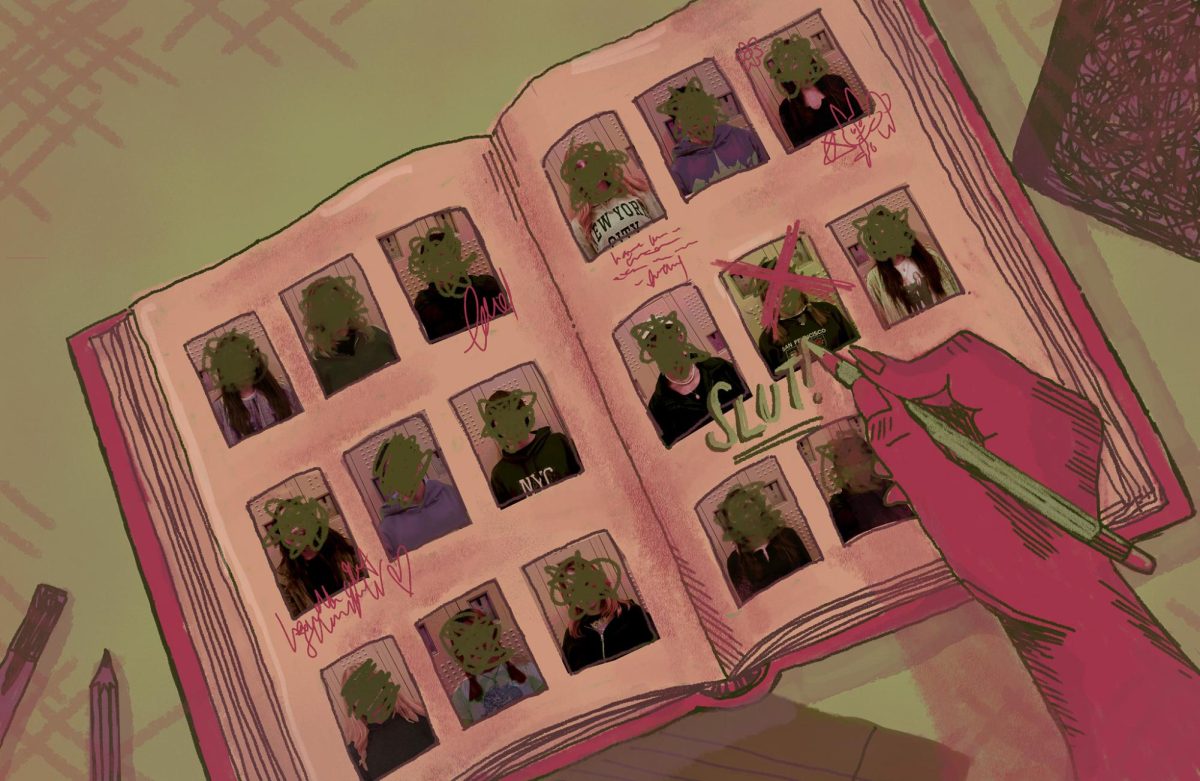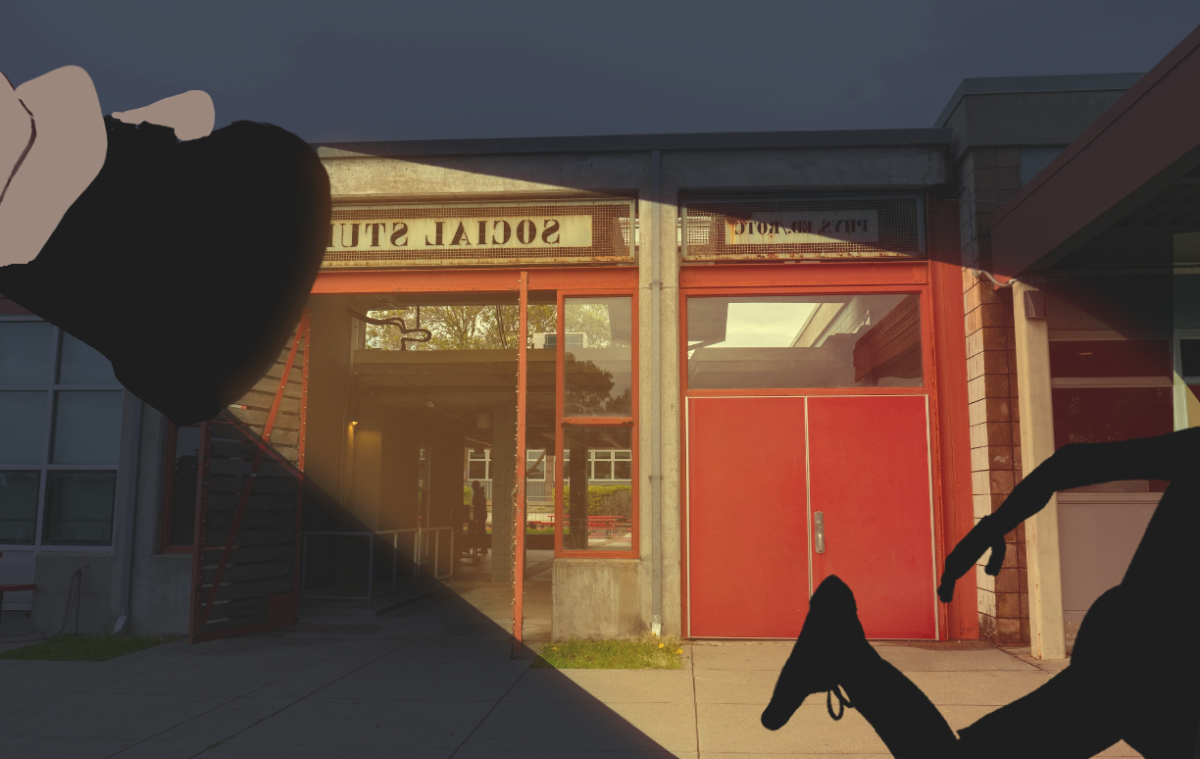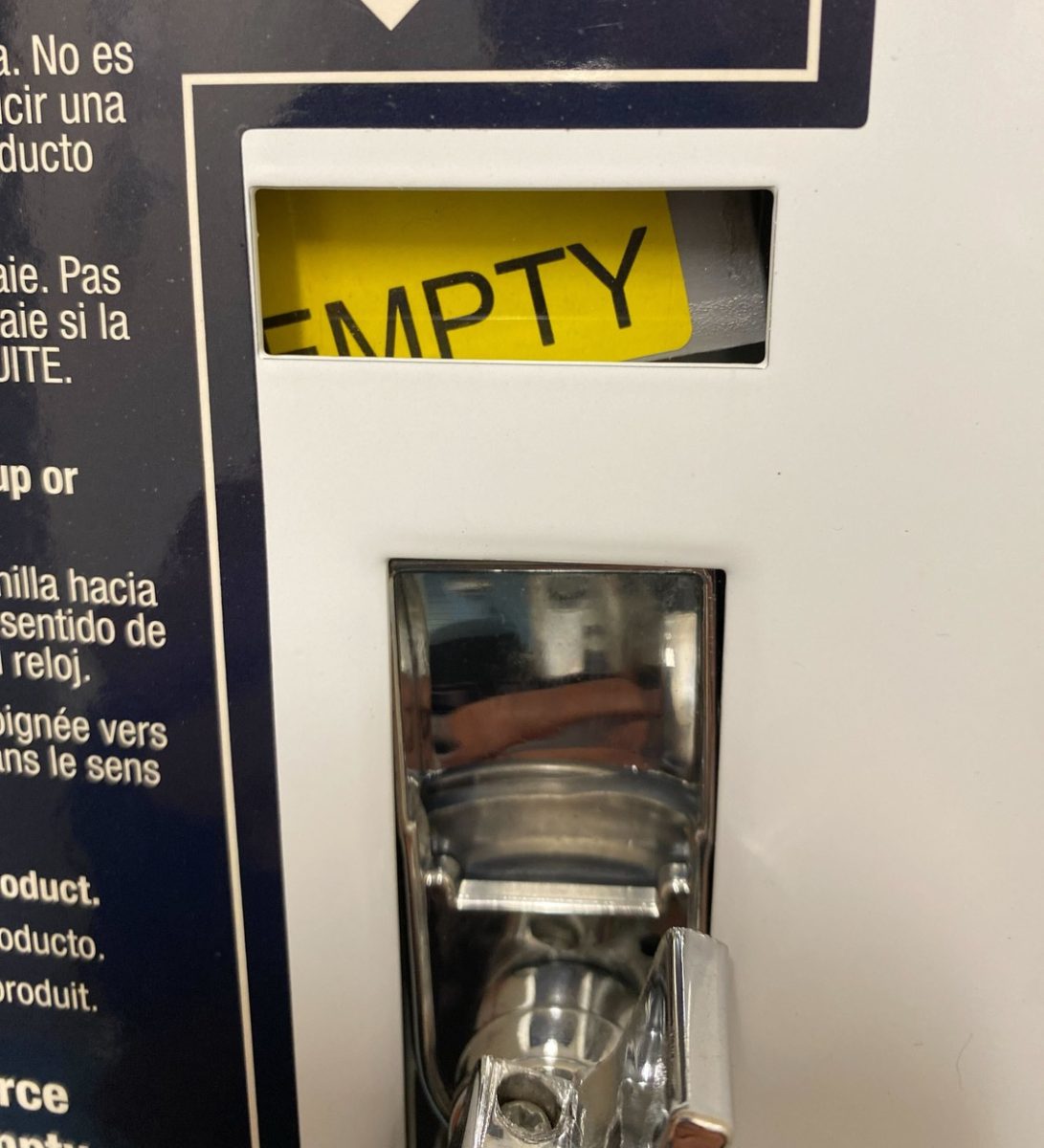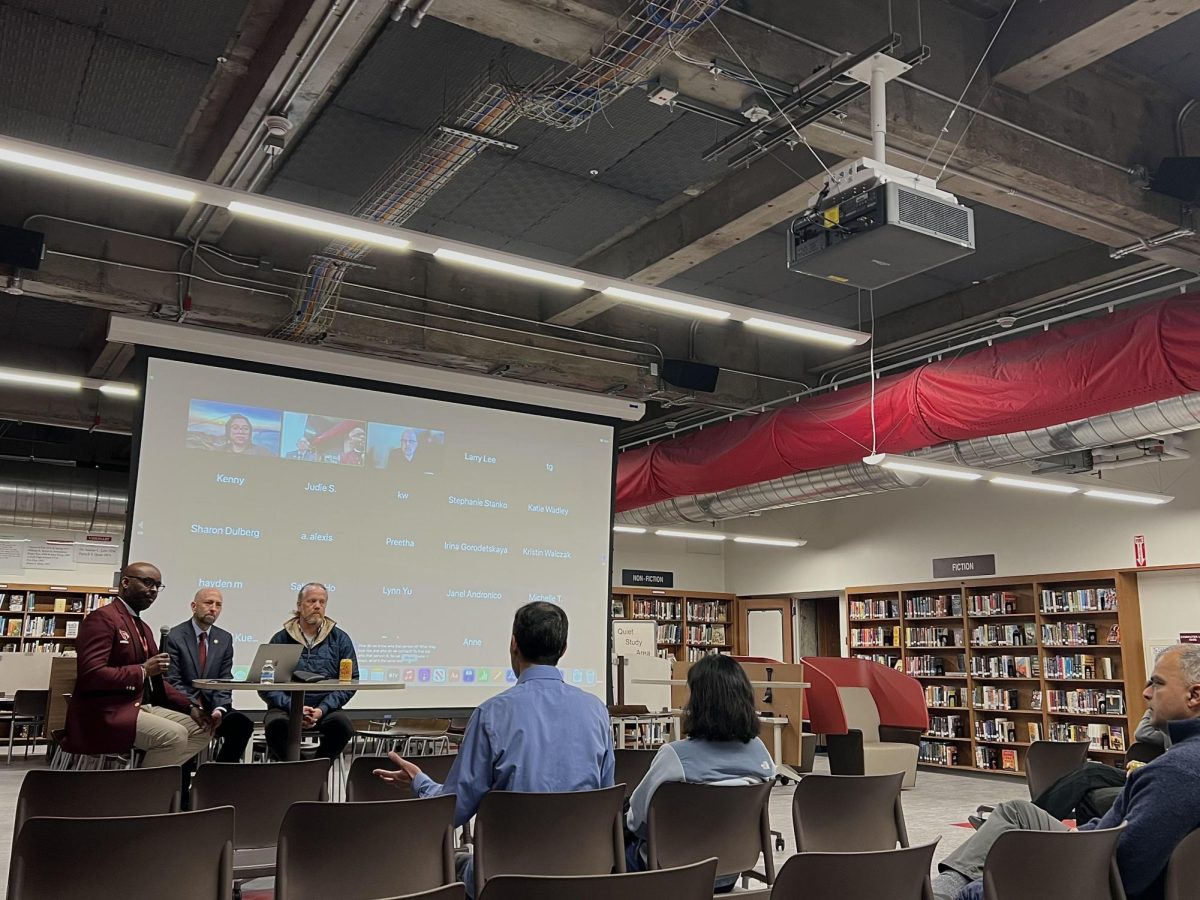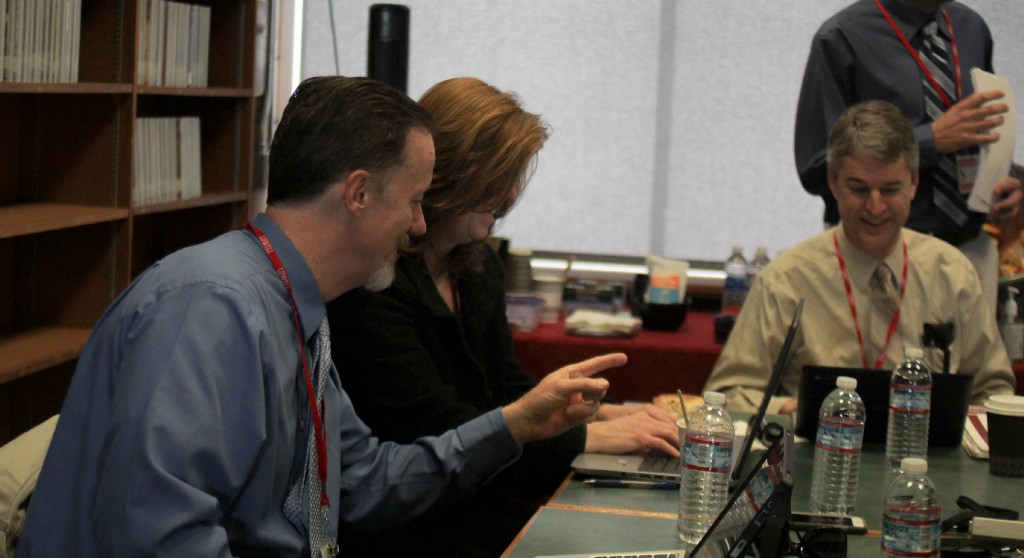
Lowell students may have been wondering about the formally dressed strangers who have been sitting in on classes this week. These are WASC officials making their rounds on campus, determining whether or not Lowell High School is on par with the standards that all schools under WASC jurisdiction are required to meet.
The Western Association of Schools and Colleges is an organization that accredits public, private and charter schools in its area. According to the organization’s website, the WASC accreditation process involves an in-depth study into the nature of a school’s strengths and weaknesses, and how these change and develop every six years. A report is then created based on the findings that is put online and distributed to the teachers as a guide.
After the self-study that is conducted by the school staff, a group of around seven to eight representatives of WASC itself come to do their own inspection. Their job is to confirm that what is said in the compiled self-report is true and accurate, according to Rebecca Johnson, a social studies teacher who is also the Self-Study Coordinator. Not only does WASC strive to ensure that a given school is reaching its set academic standards, but it also wants to see a positive, healthy environment that allows students to make the most of their experience there.
The purpose of the operation is to ensure that schools are functioning at a level that can foster student success, according to the WASC website. The website states that schools that struggle in crucial areas are not denied accreditation completely, but they are required to compile more frequent reports until they make the necessary improvements.
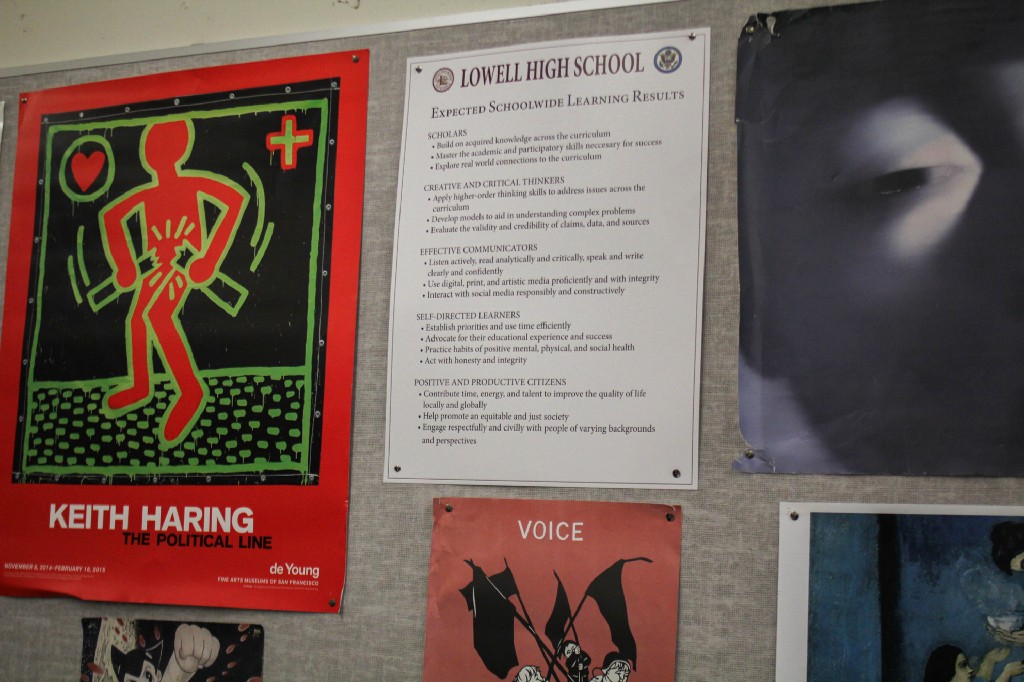
WASC ultimately decides whether each school they examine is following appropriate plans for development. They take into account various factors and pass judgement based on what they see in the observations of teacher-student interaction. “The WASC Visiting Committees basically come to make sure there is a level of ‘legitness’ to a school,” said Johnson. She says that without such accreditation, the diplomas that are handed out to graduating seniors mean “ basically nothing”, and as far as colleges are concerned, a student from an unaccredited school did not attend high school at all.
Lowell has been preparing for the WASC accreditation process since the beginning of the school year, with Johnson coordinating its efforts. In accordance with instructions from the WASC website, the school was divided up into focus groups composed of school administrators, teachers, students, counselors, secretaries and security guards. These six groups were given specific aspects of the school to investigate. For each distinct area of school life, WASC provides a template that includes guidelines for curriculum, instruction and school culture. In the extensive report that comes out of these observational and investigative studies, the focus groups work to set goals for the coming years by activating a schoolwide action plan.
When the focus groups are finished, their findings are assembled into a report. According to Lowell’s “Focus on Learning” Self-Study Report, the school has identified three major areas that require improvement: closing the achievement gap, improving communication among all stakeholders and improving school culture regarding equity and justice.

With this report, a general outline of the Expected Schoolwide Learning Results was created. These expectations have been listed and printed onto the white posters that have replaced the red ones in every Lowell classroom. The new posters detail a general plan for achieving certain concepts to cultivate good scholars, creative and critical thinkers, effective communicators, self-directed learners, and positive and productive citizens. These were made to promote academic and social health that will prepare students for life outside of school, according to the preface and analysis of the collated report.
The WASC organization’s goal is not to completely shut down under-performing schools, but to help them improve by giving them constructive guidelines. “They aren’t looking for perfection, but they are looking for a comprehensive plan for improvement,” Johnson said.




